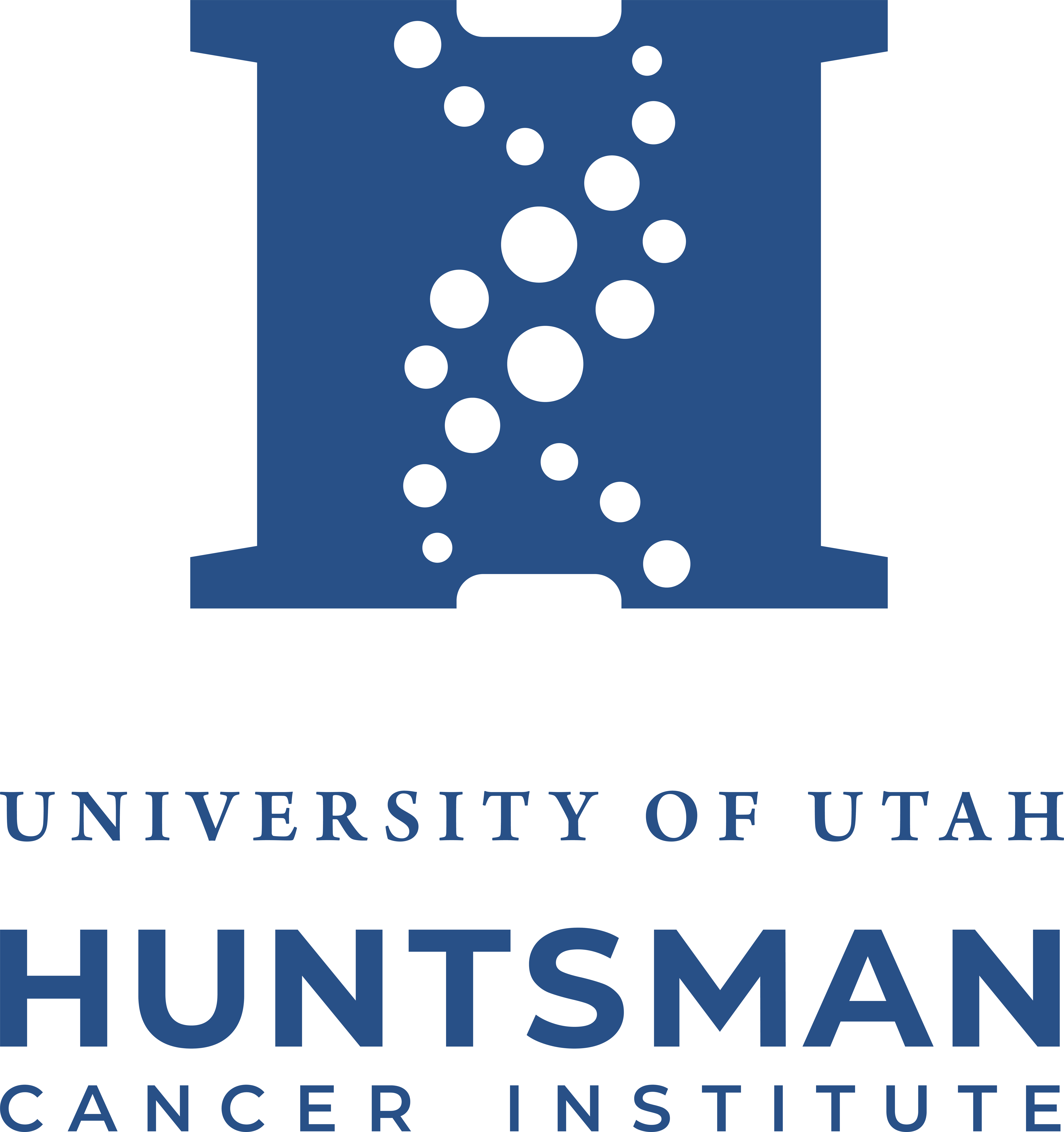
Dr. Kerrigan on Remaining Challenges in ROS1+ NSCLC

Katie Kerrigan, MD, discusses remaining challenges in the treatment of patients with ROS1-positive non–small cell lung cancer.
Katie Kerrigan, MD, a hematology/oncology fellow at Huntsman Cancer Institute, University of Utah School of Medicine, discusses remaining challenges in the treatment of patients with ROS1-positive non—small cell lung cancer.
Patient selection is still lacking in this space, says Kerrigan, who adds that once she knows a patient has ROS1-mutated disease, she will base her treatment decision on whether or not they have brain metastases. If these metastases are present, she prefers to use entrectinib (Rozlytrek) over crizotinib (Xalkori) in the frontline setting, as entrectinib has been shown to have higher responses in the brain.
The challenge is that entrectinib is still very new, says Kerrigan. The agent received approval in August 2019 for the treatment of adult patients with ROS1-positive metastatic disease as well as adult and pediatric patients ≥12 years of age with solid tumors that harbor an NTRK fusion. More data are needed to determine if entrectinib is superior to crizotinib, Kerrigan adds.
However, repotrectinib (TPX-0005) has also emerged in this space, and data from phase I trials reported at the 2019 ASCO Annual Meeting have shown that treatment with the agent led to an impressive overall response rate of 100% in the brain, says Kerrigan. These early data suggest that repotrectinib is highly efficacious in both the brain and body, says Kerrigan, and as such, phase II and III trials further examining the agent are warranted.






































